2010 poetry alum Laura Van Prooyen was recently featured on the podcast “Poetry For All.” Hear Laura read her poem “Elegy for My Mother’s Mind” at the link below.
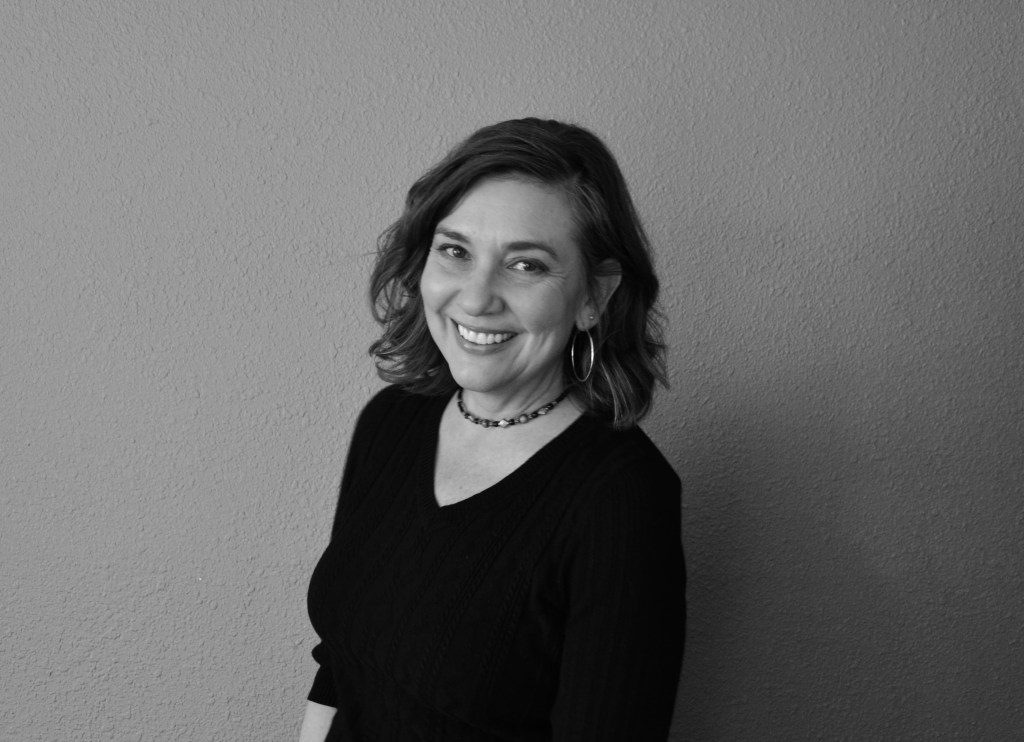
2010 poetry alum Laura Van Prooyen was recently featured on the podcast “Poetry For All.” Hear Laura read her poem “Elegy for My Mother’s Mind” at the link below.

2016 poetry alum Joseph J. Capista was recently featured in Thrush. Read an excerpt of “Spoila” below:
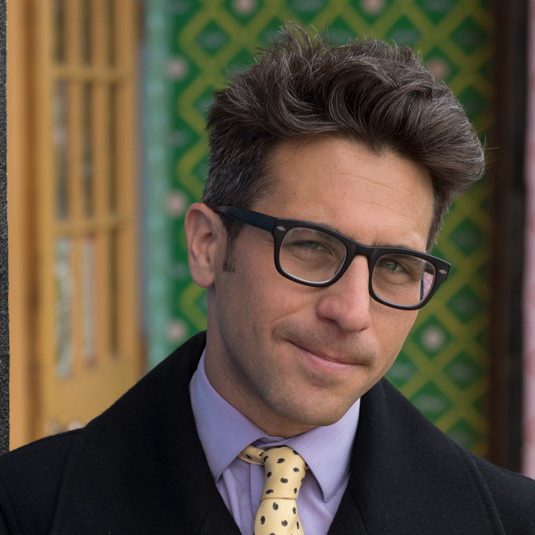
Spoila
—After John Lowden’s Early Christian and Byzantine Art
How do
you
picture
God
should
images
of Christ
show Him
as young
& beardless
with long
dark hair
& curling
beard
or as
a lamb
Read this poem in its entirety here: https://www.thrushpoetryjournal.com/january-2022-joseph-j-capista.html
Chloe Martinez, a 2009 poetry alum, recently had two poems featured in TriQuarterly. Read an excerpt of “At the Prado, Age Eighteen” below:

At the Prado, Age Eighteen
When I finally got there let’s say it didn’t matter
that on the way over as I was crossing the street
a woman offered me flowers, and I didn’t buy,
and she hit me with them, shouting, and the light
changed and I fled; didn’t matter whether Madrid
felt cold and severe and rainy
or cold and magnificent and rainy;
made no difference, even, that on New Year’s Eve
I lost track of my friends
and wandered rain-slicked streets alone
because I was uninterested in a stranger’s
hands on me—call me a prude, whatever,
that’s how I felt that night…
Read this poem in its entirety here: https://triquarterly.org/issues/issue-161/prado-age-eighteen
Robert Thomas, a 2002 poetry alum, was recently featured in TriQuarterly. Read an excerpt of Thomas’s poem “Sonnet with Quartz and Rice” below:
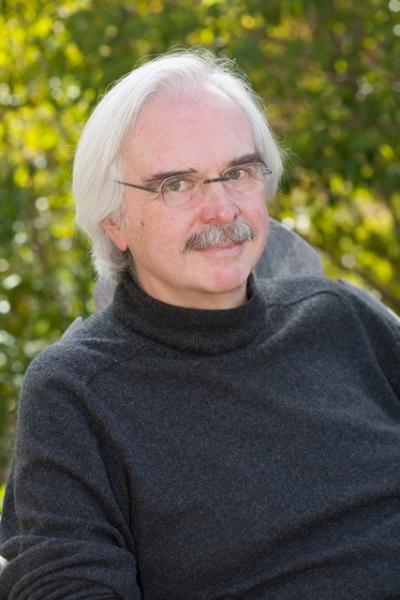
The two-edged sword of being human and
knowing it: blades of grass never compare
themselves to an oak or look in mirrors.
I never love you more than when I watch
you look at your reflection and relish
what you see. Only a human would do
something so dirty and shrewd and divine.
Read this poem in its entirety (and hear Thomas read it) here: https://www.triquarterly.org/issues/issue-161/sonnet-quartz-and-rice
Poetry faculty member Dana Levin was recently featured in the American Poetry Review. Read an excerpt of Levin’s poem below:
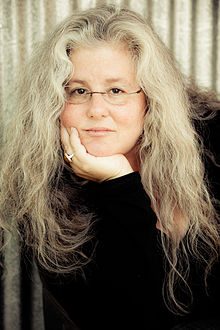
She said, “You just made this gesture with your
body–” and opened her arms as if she could
barely fit them around an enormous ball—
“Make that shape again,” she said, and so I did.
“Now let it change,” she said, and I did—
slowly closing the space between my arms,
fingertips converging until they touched—
Read this poem in its entirety here: https://aprweb.org/poems/how-to-hold-the-heavy-weight-of-now
Poetry faculty member Daisy Fried was recent featured in On the Seawall. Read an excerpt of Fried’s poem “Hate Barrel,” a poem after Baudelaire, below:

Hate’s a drunk in the stickiest dive,
Its thirst gives birth to thirst
That multiplies like Hydra’s heads.
But lucky drunks know their oppressor
Hate’s doomed to a dismal fate:
Dumbass can’t even pass out under the table.
after “Le Tonneau de la haine”
Read this poem in its entirety, as well as two others, here: https://www.ronslate.com/hate-barrel-white-on-white-twilight-correspondences/
Mark your calendars!
The organizers of the 2022 Summer Virtual Goddard/Warren Wilson Alumni Conference (“Wally Camp”) are happy to announce that the conference date has been set! Clear your calendars for Wednesday, July 13 through Sunday, July 17.
As with the last three conferences, it will be hosted via Zoom. We’re sorry that we can’t meet in person this year, but the vagaries of the pandemic continue to make that unworkable.
On May 3 we will send out a registration form, and you will have between then and June 5 to submit it. In the meantime, work up your manuscripts; dream up your classes, caucuses, and bookshops; and get ready to rally with Wallies!
If you’re new or have forgotten how a Virtual Wally Conference operates, see the Wally Camp website at to get an idea of what it was like last year. (The 2021 website will be taken down in April.) https://sites.google.com/view/wallycamp/
Please direct any questions to [email protected]
We can’t wait to see you!
Your happy conference organizers,
Jennifer Leah Büchi
Alison Moore
David Ruekberg
1992 poetry alum Cheryl Baldi was recently featured in One Art. Read an excerpt of Baldi’s poem “Later” below:
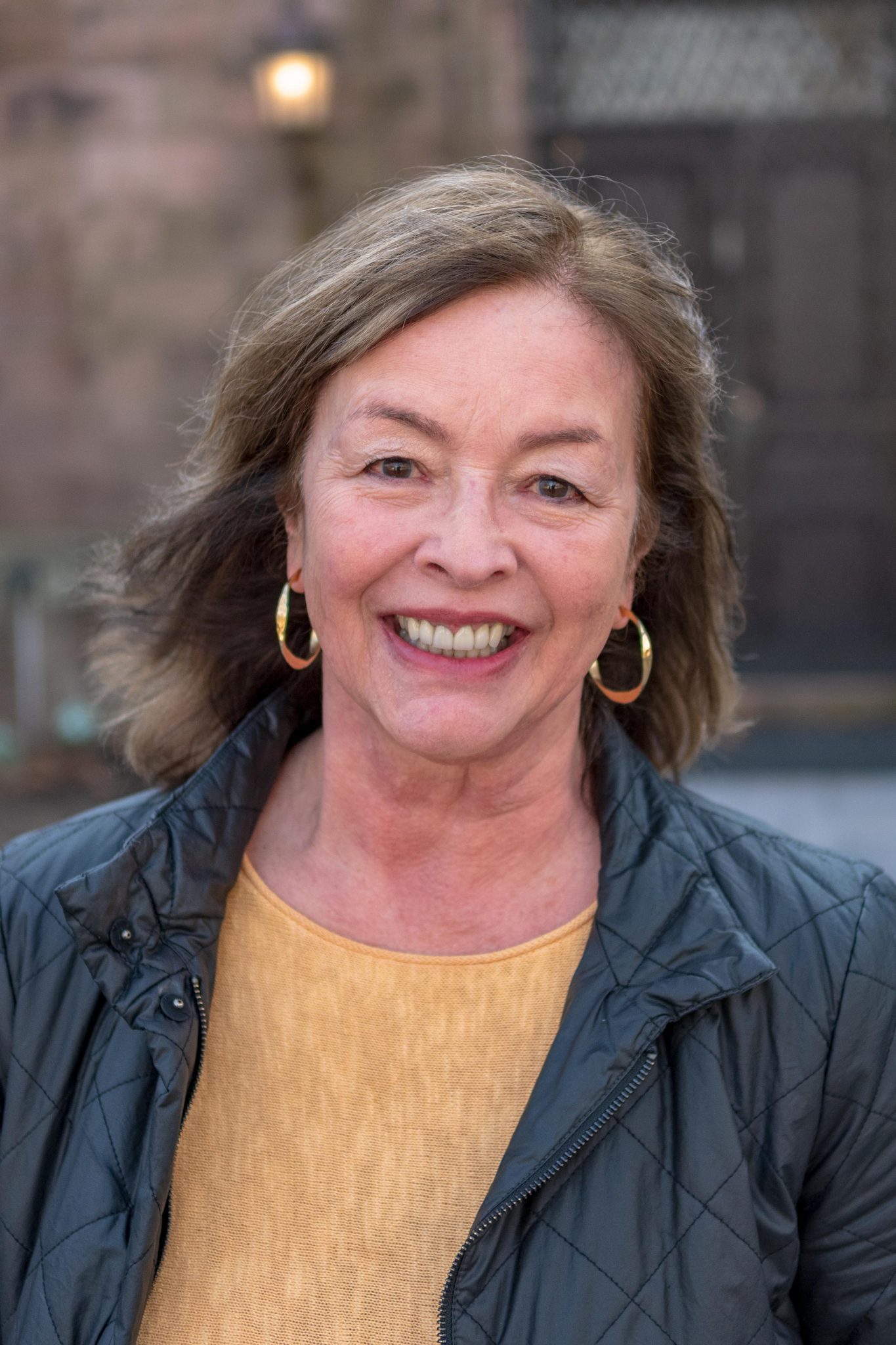
Later
We speak in whispers,
move in silence
from room to room, listen
to the oxygen’s steady pump,
moisture bubbling through the tubes.
Three days unresponsive. I sit with her
until someone else comes in.
Years from now I will remember
these moments, the counter
scattered with crumbs
from half eaten sandwiches,
the tide low, winds calm…
Read this poem in its entirety here: https://oneartpoetry.com/2022/01/14/later-by-cheryl-baldi/
Shannon K. Winston, a 2018 poetry alum, was recently featured in the West Trestle Review. Read an excerpt of “The Worry Dolls” below:

The Worry Dolls
I’ve been told I was coaxed to life—jolted, shocked, pumped. Some days, I remember the muted glare of hospital light, tubes, and wires. Other days, I hear the whisper of nurses’ feet as if they’re just in the other room. Stories of my birth lurk in every corner of the house until they become tangled with my own memories. Night after night, my mother slept next to me. Me, her half-formed baby glinting in the incubator. Let God take her, the Baptist doctor advised. No, my mother snapped. Me, her half-formed baby. Undo me, unwish me, unmake me.
Read “The Worry Dolls” in its entirety here: https://www.westtrestlereview.com/west_trestle_shannon_k_wintson_winston.html
Fiction alum Peggy Shinner was recently featured in the Los Angeles Review of Books. Read an excerpt of Shinner’s essay “you are beautiful” below:
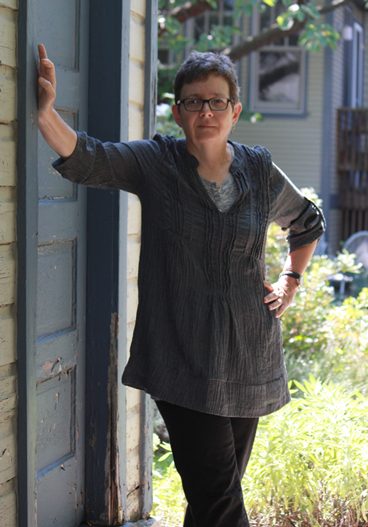
you are beautiful
TWO SIGNS FLANK the corner of Foster and Ashland and tell me that I’m beautiful. They tell you that too. They’re democratic, meant for everyone.
One is on the old Trumbull Elementary marquee, the school closed now, a casualty of the mayor’s 2013 public ed blitzkrieg, and the marquee, once like the town crier, dispensing news and notifying parents of the next local school council meeting, repurposed for fashionable positivism: you are beautiful. Even the typography is democratic, all lower case.
The other, across the street — bigger, the outsize letters affixed to a chain-link fence enclosing the Swedish Museum’s parking lot — is in cahoots.
you are beautiful.
It’s inescapable.
That’s how I feel, stopped at the light, catching sight of first one and then the other. Hemmed in by these converging signs, this suspicious sentiment. Or maybe the suspicion is all mine. What is this public treacle? I balk at being forced to feel good by signs put up by feel-good public artists. It’s coercion with a smile.
When I mentioned the you are beautiful signage to my friend M. — who’d seen it as well, in another part of the city, this time against the backdrop of Lake Michigan — she said it felt like a prayer.
I much prefer this New Yorker cartoon I come across a few days later. It seems like a well-timed act of cultural providence for those who favor the scouring effects of reality to the desperate fakery of well-meaning pablum. The cartoon is set in Times Square. Throngs of tourists — many of whom are taking pictures with their outstretched cell phones or tablets, devices raised in salute to self, kitsch, food, money — are dwarfed by the manic commercialism surrounding them. Everyone is jammed together, seen from the back, assembled like a congregation in worship of the Square, except for one guy turned away from the mainstage and stuffing an oversized sandwich in his mouth. Screens reign; even the empty square of somebody’s backpack looks like a laptop. The signs — all but McDonald’s, whose arches dominate — dispense with the corporate signifiers of the stores and cut right to the chase. You’re too fat/You’re ugly/You’re hungry!/You’re thirsty/Eat now/Eat more/You’re horny/You’re poor/You’re very ugly/Be less ugly/Boobs/Escape/Spend more $/Just Fat/You’re still ugly/You are dumb. A cab’s top light gets in on it too: Eat. The packaging has been ripped off, the messages relentless. Warning, insult, mockery, yearning. An American flag flies overhead. We don’t know what we’re buying but we do.
Read this essay in its entirety here: https://lareviewofbooks.org/article/you-are-beautiful/